Have you ever thought about working abroad?

People who work abroad get unique work opportunities and also get to experience other cultures, visit exciting places, meet new people, and try local food!
Apply for jobs abroad successfully with these tips!
Did you know?
1. What Kind of Job Do I Want?
Do you already have a career? Is it something you can do in another country? You might be surprised about what jobs you can do overseas.
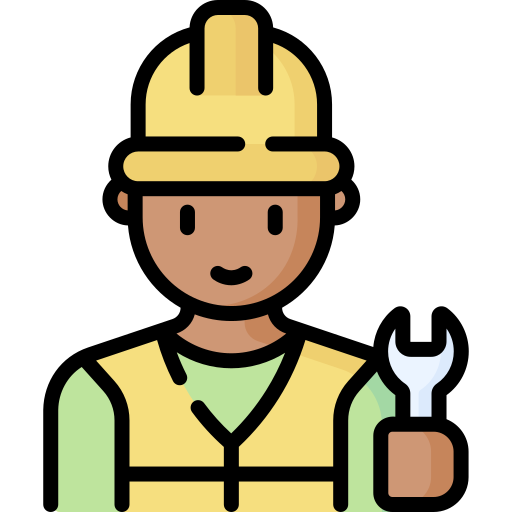
Engineer: Engineers are needed all around the world, particularly in international companies.

Business person: Many companies have offices abroad and employees can work abroad temporarily or permanently.

Language teacher: Qualified English teachers can find work all around the world and can work with people of all ages.
Not qualified yet? There are also many positions that require little or no qualifications or experience.

Seasonal worker: You can work at hotels or restaurants at both winter and summer holiday destinations.
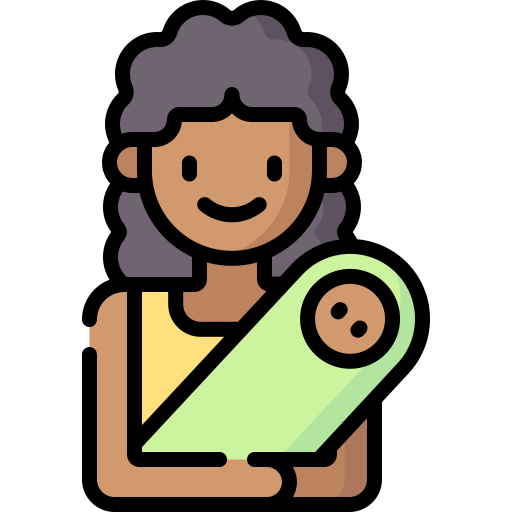
Nanny/Au pair: If you like working with children, you can take care of a family's kids in another country.
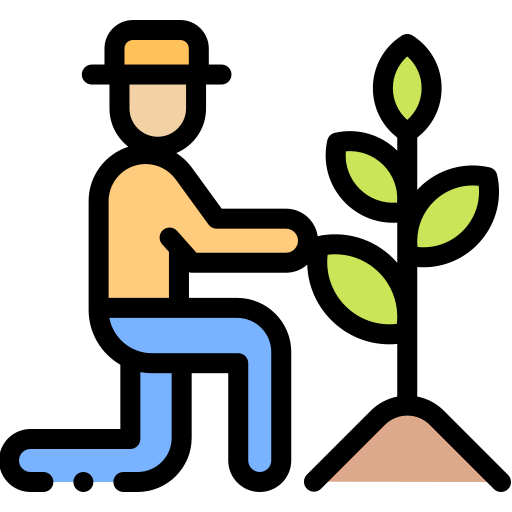
Working holiday: Some countries such as Australia and New Zealand provide opportunities to do temporary jobs while traveling in the country.
2. Where Do I Want to Go?
Do you have a specific country in mind, or will you go anywhere with a good opportunity?
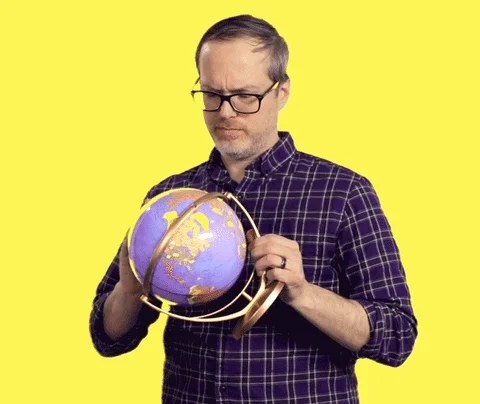
Think about what location, culture, and language you're interested in.
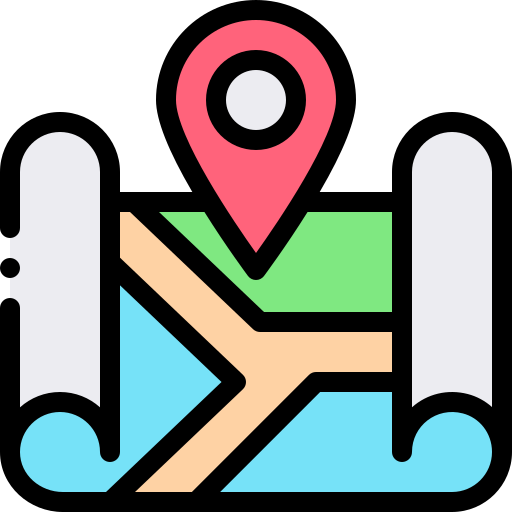 Location
Location
Climate
Does it rain/snow a lot?
Is it hot, cold, or mild?
Distance
Do you want to go very far from home or stay close by?
Will you be able to go back home for emergencies or to visit family?
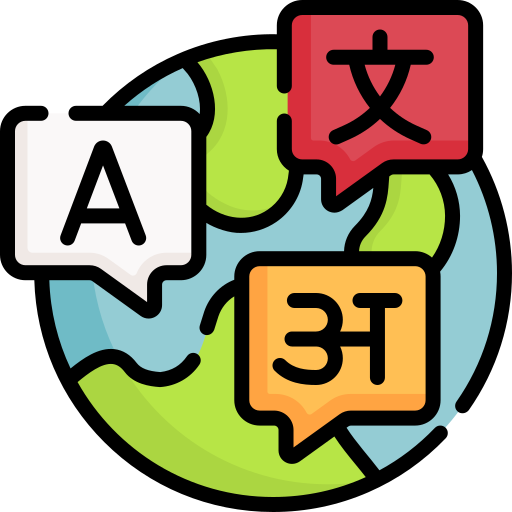 Culture & Language
Culture & Language
Food
Do you like trying new foods?
Do you have any food restrictions?
Culture
Are there any religious or traditional beliefs you should be sensitive to?
Are there any particular cultures you're interested in learning about?
Language
Speak the language? It'll be easier to get around.
Don't speak the language? You'll want to take language classes and may even need to pass a language test to get a work visa.
3. What Kind of Lifestyle Do I Want?
Your lifestyle will depend on your job and the type of daily life available.
 Photo by Simon Maage on Unsplash
Photo by Simon Maage on Unsplash
 Career Opportunities
Career Opportunities
Experience
Will you gain work or life experience you can't get back home?
Is the workplace culture similar to or different from the work culture back home?
Benefits
Is the salary high enough to pay your expenses and maybe save some money?
Does your employer provide other benefits, like housing, healthcare, or a pension?
 Daily Life
Daily Life
Transportation
Is there public transportation or will you need a car?
Housing
Does your job provide housing?
How difficult is it to find an apartment?
Safety
Is theft or violent crime common?
Is the LGBTQ+ community welcomed?
Is it safe to walk around alone?
Cost of Living
How much will housing, food, transportation, and other bills cost?
Will your salary cover these costs?
Did you know?
Subscribe for more quick bites of learning delivered to your inbox.
Unsubscribe anytime. No spam. 🙂
4. How Should I Look for Jobs?
Finding the right job is always challenging. Now that you've thought about where you want to go and what you want to do, it's time to find the right job.
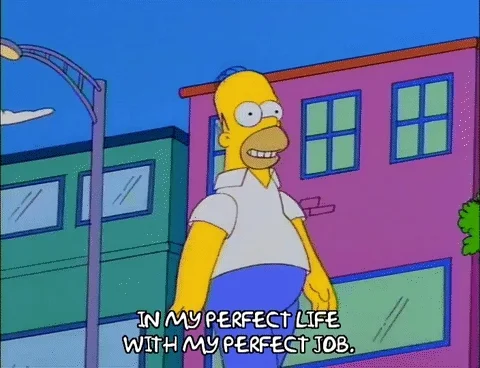
Find a Work Abroad Program
Work abroad programs are agencies that can help you find jobs in different countries. Check out these sites:
GoOverseas and GoAbroad offer a collection of work abroad programs.
TEFL.org has a list of English teaching positions.
AuPairWorld and Aupair.com list jobs for aupairs.
WorkNHoliday and Alliance Abroad offer working holidays in Australia and New Zealand, North America, and Europe.
Use a Job Search Website
Enter the specific job and location you're looking for.
Check out these commonly used sites:
Indeed.com and LinkedIn list a variety of jobs and locations.
Seek has jobs in Australia.
Avoid Scams
A trustworthy employer/recruiter:
Is well-known.
Has an official website or is listed on an official job website.
Shares specific job details, photos, and reviews.
Allows you to contact current/previous employees.
Has reasonable benefits — if it seems too good to be true, it probably is!
Often provides relocation assistance such as providing information about the process, helping you get a work visa, or helping you set up housing.
Practice: Identify the scam!
Which job below might be a scam?

Teach English at an elementary school in Vietnam! See the government website for details about the location, children's ages, and salary and benefits. Contact the email address to speak with current teachers.

Work as a seasonal worker in the Australian Outback! Get paid 3x what other companies pay! Take as much time off as you want!

Qualified nurse? Come work in the US! Our agency has been placing nurses across the U.S. for the last 20 years. See our website for reviews and information on placements. Receive relocation and work visa assistance.
Quiz
Which job might be a scam?
5. What About the Application Process?
Now that you've found some possible jobs, it's time to begin applying.
 Photo by Markus Winkler on Unsplash
Photo by Markus Winkler on UnsplashResume/Curriculum Vitae
Include your contact information, education, experience, and relevant skills (especially languages).
Research resume formats for the country you're applying to. There could be differences in:
Whether to include a photo
Syle/tone
Whether to include hobbies/personal information
Length
For more information on international resumes, check out the Byte: Should I use a resume or CV for international jobs?
 Photo by Christina @ wocintechchat.com on Unsplash
Photo by Christina @ wocintechchat.com on UnsplashInterview
Cultural Differences
Should you use the interviewer's first name or title and family name?
Will you be asked personal questions?
Should you brag about your accomplishments?
Should you make eye contact? (When in doubt, try mirroring your interviewer's body language.)
Questions You Should Ask
What is the work environment like?
Will they help you get a work visa?
Will they pick you up from the airport?
Will they provide you with or help you find accommodation?
To learn more about cultural differences in job interviews, check out the Byte Job interviews & body language: culture impacts.
6. How Do I Complete Paperwork?
Getting your documents in order to work abroad can be overwhelming.

Let's take a look at what papers you might need.
Document Verification 🗂️
If your job requires qualifications, like a bachelor's degree or teaching license, you might need to get your documents verified. A notary public or embassy can typically notarize, authenticate, or apostille your document copies.
Work Visa 🪪
Getting your work visa can be challenging. The process depends on:
The country you're going to and the country you're from.
Your job and how long you'll be employed.
The paperwork needed often includes your passport and other identity documents, flight information, a photo, employment information, and fees.
Flight/Accommodation 🧳
After you get your job and visa, it's time to book your flight and find a place to live! Your employer can often help you make arrangements.
Timing 🗓️
When do you want to go?
Depending on where you're from and what kind of job you're looking for, it could take anywhere from a few weeks to one or more years to complete the necessary visa and employment documents.
Generally, a temporary position has lower requirements than a long-term position.
Cost 💲
All of this can add up, so make sure you have some savings before you get started. You'll likely need hundreds or even thousands of dollars!
Did you know?
Take Action
Now you're ready to apply for jobs abroad!
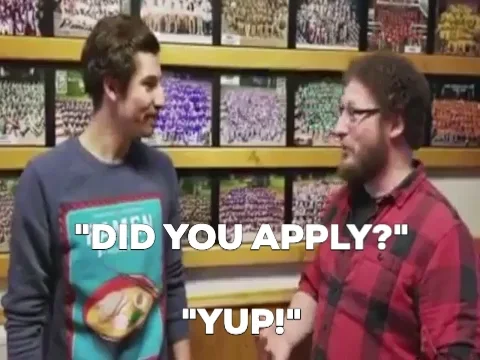
Your feedback matters to us.
This Byte helped me better understand the topic.
